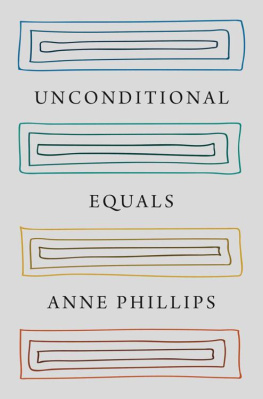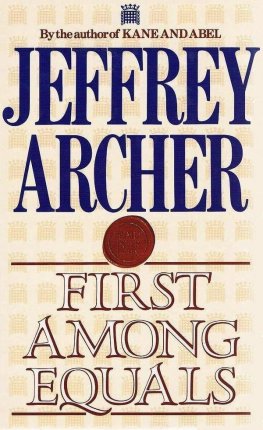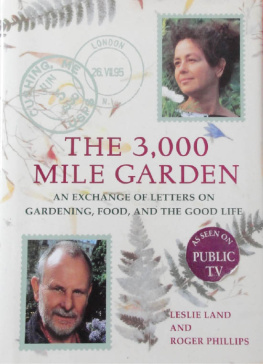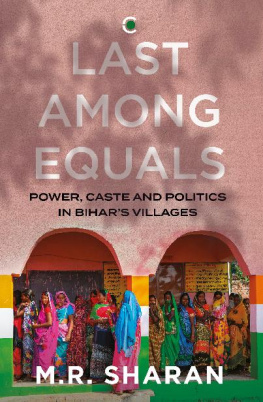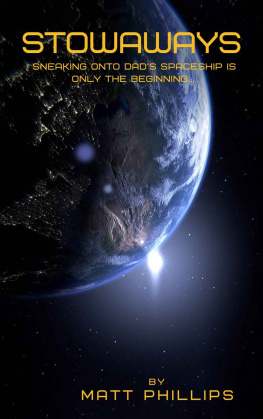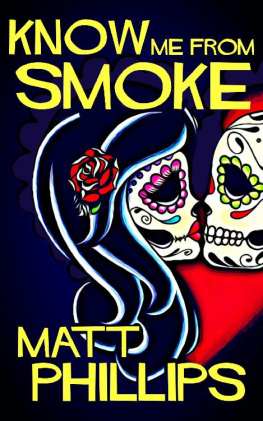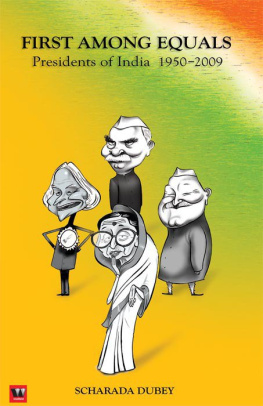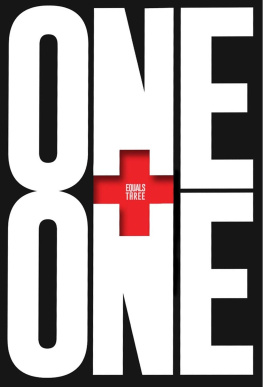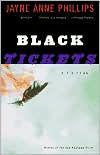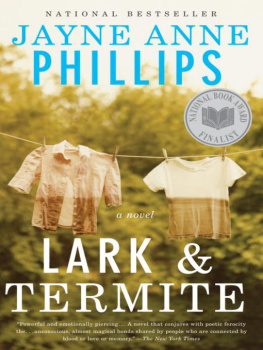Anne Phillips - Unconditional Equals
Here you can read online Anne Phillips - Unconditional Equals full text of the book (entire story) in english for free. Download pdf and epub, get meaning, cover and reviews about this ebook. year: 2021, publisher: Princeton University Press, genre: Politics. Description of the work, (preface) as well as reviews are available. Best literature library LitArk.com created for fans of good reading and offers a wide selection of genres:
Romance novel
Science fiction
Adventure
Detective
Science
History
Home and family
Prose
Art
Politics
Computer
Non-fiction
Religion
Business
Children
Humor
Choose a favorite category and find really read worthwhile books. Enjoy immersion in the world of imagination, feel the emotions of the characters or learn something new for yourself, make an fascinating discovery.
- Book:Unconditional Equals
- Author:
- Publisher:Princeton University Press
- Genre:
- Year:2021
- Rating:5 / 5
- Favourites:Add to favourites
- Your mark:
- 100
- 1
- 2
- 3
- 4
- 5
Unconditional Equals: summary, description and annotation
We offer to read an annotation, description, summary or preface (depends on what the author of the book "Unconditional Equals" wrote himself). If you haven't found the necessary information about the book — write in the comments, we will try to find it.
Unconditional Equals — read online for free the complete book (whole text) full work
Below is the text of the book, divided by pages. System saving the place of the last page read, allows you to conveniently read the book "Unconditional Equals" online for free, without having to search again every time where you left off. Put a bookmark, and you can go to the page where you finished reading at any time.
Font size:
Interval:
Bookmark:
UNCONDITIONAL EQUALS
Unconditional Equals
ANNE PHILLIPS
PRINCETON UNIVERSITY PRESS
PRINCETON & OXFORD
Copyright 2021 by Princeton University Press
Princeton University Press is committed to the protection of copyright and the intellectual property our authors entrust to us. Copyright promotes the progress and integrity of knowledge. Thank you for supporting free speech and the global exchange of ideas by purchasing an authorized edition of this book. If you wish to reproduce or distribute any part of it in any form, please obtain permission.
Requests for permission to reproduce material from this work should be sent to
Published by Princeton University Press
41 William Street, Princeton, New Jersey 08540
6 Oxford Street, Woodstock, Oxfordshire OX20 1TR
press.princeton.edu
All Rights Reserved
ISBN 978-0-691-210353
ISBN (e-book) 978-0-691-226170
Version 1.0
British Library Cataloging-in-Publication Data is available
Editorial: Ben Tate and Josh Drake
Production Editorial: Brigitte Pelner
Jacket/Cover Design: Karl Spurzem
Production: Danielle Amatucci
Publicity: Alyssa Sanford (US) and Amy Stewart (UK)
Copyeditor: Karen Verde
- vii
- 1
- 18
- 40
- 63
- 86
I COMPLETED the first draft of Unconditional Equals in the early months of the Covid-19 pandemic, at a time when journalists were still describing it as the great leveller, and appreciative publics across the world were applauding the courage and dedication of an army of previously unrecognised workers. Our lives depended, not only on the doctors and nurses working tirelessly in the hospitals, but on the often poorly protected care workers, on the cleaners, transport workers, ambulance drivers, security guards, supermarket staff. We had learnt, it seemed, that the work that most mattered to our survival was not that of the more highly remunerated members of our societies; if anything, it was low pay and status that signalled how crucial you were. In those moments, I briefly doubted the relevance of my arguments. The book arises from a distrust of the happy stories sometimes told about the progress of equality. Not the progress of material equality, for most of us know this hasnt been going too well, but the still comforting story we tell ourselves about the progress of ideas of equality, the abandonment of older notions of natural hierarchy, and the supposedly now widespread belief that all humans are, in some basic sense, of equal worth. Much as I would like to believe that story, the evidence is against it. We do not live in an era when all are regarded as of equal worth, regardless of their sex, race, or class, and rather than treating this as a time laga matter of not yet or not enoughI have come to think there is something about dominant ideas of equality that obscures, perhaps even enables, the continuing inequality.
In the early months of the pandemic, I wondered if I was putting too pessimistic a gloss on the evidence, and whether what seemed to be a recognition of the previously undervalued might indicate a turning point towards a more far-reaching egalitarianism. But reality soon reasserted itself. The disease proved disproportionately to affect the poor, the migrant workers, those living in overcrowded conditions, those in an ethnic minority; international initiatives to combine against the pandemic were watered down by the tendency to set ones own citizens above those of any other country; and the economic consequences of lockdown weighed far more heavily on women, and those in lower-paid and precarious occupations. I decided not to rewrite.
The book is a culmination of ideas developed, but also revised, over the course of many years, and I am grateful to Adam Swift for encouraging me to think of it as in some sense a reflection on my own intellectual trajectory. (This was in passing remarks at a publishers party: he has probably forgotten.) One of the pleasures in writing has been the recognition of where my ideas have changed and where they have remained reasonably consistent. There is a continuity, for example, between some of the ideas developed here and those put forward in an earlier Which Equalities Matter?, except that the arguments there were still overly shaped by what I now see as a misleading distinction between formal and real equality. There is also a continuity between my focus here on the mass exclusions that characterise early articulations of equality and analyses I have offered in the past regarding the relationship between liberalism and feminism. Feminists have sometimes argued that the ideas of early liberalism contained enormous potential for gender equality, if only people could get past their initial resistance to applying them to women as well; but this strand of thinking has coexisted with a suspicion that the very ways in which ideas of equality or freedom were articulated were such as to make them inherently exclusionary. Influenced especially by the writings of Carole Pateman, I have long positioned myself with those who doubt the more complacent originary stories, take the exclusions in early liberalism as more than incidental, and stress the need for more radical revision. It has taken me somewhat longer to connect this tale of patriarchal evasion to histories of slavery and racism, or to my own earlier work on The Enigma of Colonialism, and to register how thoroughly ideas of equality are imbued with exclusionary conditions.
A number of people read and commented on parts or the whole, and I am grateful for their suggestions. David Axelsen and Sarah Goff commented on the earliest formulations of the project and I very much valued their initial encouragement. I have benefitted from stimulating conversations about equality with Teresa Bejan (though increasingly via email rather than in person, as Covid wore on), and am especially grateful for her detailed comments on the more historical aspects. Ian Carter generously responded to my criticism of his work, providing helpful clarification of his ideas and usefully pinpointing our key areas of disagreement. Bruno Leopold applied his detailed knowledge of Marx to the chapter on the status/material divide. Particular thanks to the five people who read the manuscript in full and whose comments helped guide the final revisions: Ciaran Driver, Serene Khader, Nicola Lacey, Jonathan Wolff, and an anonymous reader for Princeton. I very much appreciated both the care with which you all read the manuscript and the encouragement you gave me. Finally, my thanks to Sumi Madhok, who first alerted me to the writings of Sylvia Wynter, and whose own work has contributed to the development of my ideas.
UNCONDITIONAL EQUALS
WE LIVE IN A PERIOD of reducing inequalities between countries, but increasing inequalities within them, reversing in the latter case what had previously been a more encouraging trend. The twentieth century witnessed what in studies of the United States is termed the Great Levelling, a dramatic decline in the income share of the richest 1% and associated rise in the share of the bottom half. Wars destroyed much private wealth, the financial crash of 192933 led to policies of tight financial regulation, and slower population growth combined with a general shift towards the political left such that lower skilled Americans were able to capture a significantly higher share of total income. In their study of American inequality, Peter Lindert and Jeffrey Williamson describe the period from the 1910s to the mid-1970s as a revolutionary fall unlike anything experienced in any other documented period in history.
Many find the resulting distribution of income and wealth unacceptable. Yet, if we are to judge by the political parties citizens vote for, many more remain untroubled. Despite periodic flurries in the press, when journalists review the latest statistics or muse over the crisis of capitalism, and despite many inspirational moments of activism around the world, there is little sustained evidence of revulsion against current inequalities. This may be less a matter of complacency and more of popular despair about the possibilities for change. My worry is that it reflects something worse than either of these. I fear we are living through a period in which even basic ideas of equality are revealed as lacking power. We know that people disagree on matters of economic equality, that some favour a radical redistribution of resources whilst others consider the current arrangements entirely fair. But as regards the more basic idea of human equalitythe idea that, as human beings, we are all
Font size:
Interval:
Bookmark:
Similar books «Unconditional Equals»
Look at similar books to Unconditional Equals. We have selected literature similar in name and meaning in the hope of providing readers with more options to find new, interesting, not yet read works.
Discussion, reviews of the book Unconditional Equals and just readers' own opinions. Leave your comments, write what you think about the work, its meaning or the main characters. Specify what exactly you liked and what you didn't like, and why you think so.

